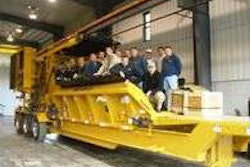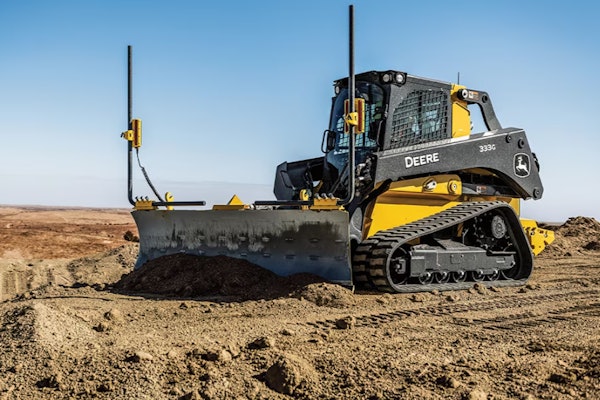The California Transportation Commission (CTC) allocated $897 million to 170 transportation projects statewide, including $157 million from Proposition 1B, a transportation bond approved by voters in 2006, and $49 million from President Obama’s American Recovery and Reinvestment Act of 2009 (ARRA), more commonly known as the stimulus.
The remaining $691 million in allocations came from assorted transportation accounts funded by state and federal dollars.
“The Recovery Act and Proposition 1B are paying for vital transportation projects that help relieve traffic congestion and improve the quality of life for all Californians,” said Gov. Arnold Schwarzenegger (R-Calif.) in a written statement. “Investing in our infrastructure is strengthening our economy and creating jobs throughout the state at a time when we need them most.”
Since its passage, approximately $5.9 billion in Proposition 1B funding has been allocated. California has obligated nearly $2.5 billion from the Recovery Act to 931 highway, local street, and job training transportation projects statewide.
Highlights of the project allocations include the following:
Los Angeles – $16.6 million in Recovery Act funding to help repave and repair 112 lane miles of pavement on Interstate 5 near Castaic.
Kern County – $20 million from the Recovery Act to help replace 42 lanes miles of pavement on Interstate 5 near Buttonwillow.
San Mateo County – $30 million in Proposition 1B funding to provide grade separation of an existing at-grade rail crossing in San Bruno. This will reduce the potential for accidents and decrease emissions from vehicles waiting for trains to pass by.
San Bernardino County – $45 million from Proposition 1B for a rail grade separation project along the Alameda Corridor East in Ontario.
“From one end of the state to the other, transportation projects are providing good paying jobs and improving mobility for people and businesses in California,” said Caltrans Director Cindy McKim.
The CTC also approved two projects for Caltrans’ design-build demonstration program: the Devore Interchange Project in San Bernardino County and the State Route 180Braided Ramps Project in Fresno.
Design-build is a project delivery method that combines design and construction into one contract. Faster project delivery occurs because design and construction take place concurrently. Caltrans anticipates both projects will be completed at least two years earlier using design-build. The expedited construction schedule will bring thousand of jobs to San Bernardino County and Fresno sooner than expected.
The Devore interchange (Interstate 15/215) is the second greatest bottleneck for goods movement in the country. The annual cost of traffic delays at the interchange is almost $4 million and is expected to increase to almost $80 million a year by 2040. The $369 million Devore project will dramatically improve goods movement and enhance traffic safety.
The Braided Ramps Project, located between State Routes 41 and 168 in Fresno, will ease congestion and improve safety for motorists by eliminating many merging and transition conflicts along a series of interlocking freeways, making it easier for motorists to travel throughout Fresno.
For information about all projects that received allocations, go to http://www.dot.ca.gov/docs/ctcprojectallocationsjune2010.pdf.












